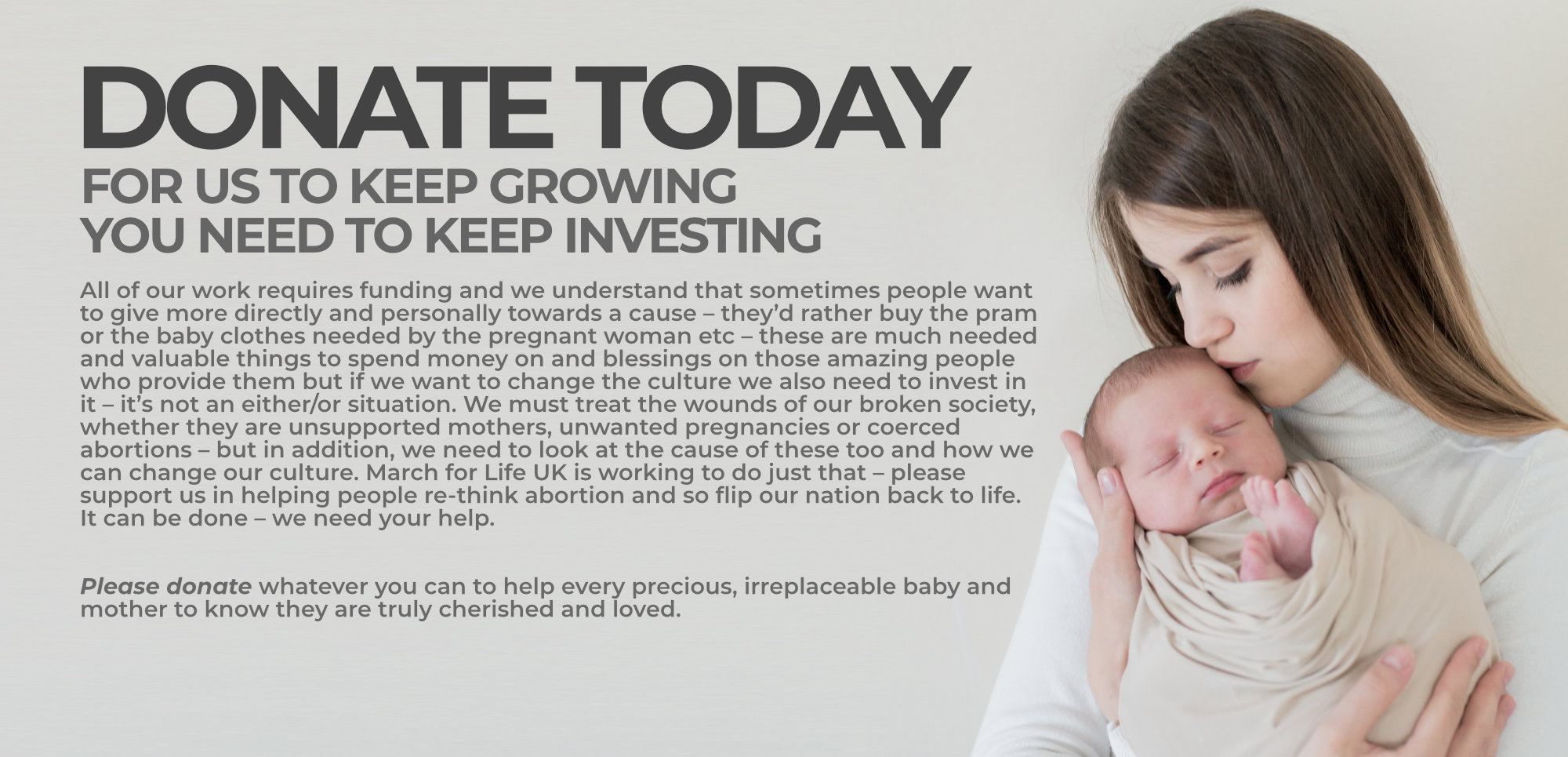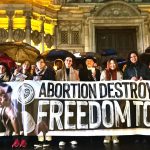
A Father of Three BREAKS THE SILENCE: Theo’s Story
In 2015 my then girlfriend, Jenny, had a miscarriage. We had been having unprotected sex for some time, but we didn’t know about the pregnancy until it was already over. I think it’s fair to say that we both had our issues going into the relationship — we self-medicated with alcohol and an assortment of other substances, licit and illicit. When it came to sex we threw caution to the wind. You’d think that the horrific experience of miscarriage would give us pause about our lifestyle, but we continued nonetheless.
A few months later Jenny fell pregnant once again, only this time there was no miscarriage. Fearful at the prospect of being a young mother and concerned that neither of us was prepared for parenthood, she booked a consultation at a BPAS clinic in a nearby town.
She didn’t want to attend the appointment alone, but I was not allowed to accompany her. That being so, I don’t know what they said to her or what pressures were applied, I only know that she went into that consultation hoping to hear and consider her options and came out with an abortion booked.
During the appointment I sat in the waiting room wondering what was being discussed and decided about my unborn child, in whose fate and welfare I had no say due to my sex. We took to calling the baby Bean since she had looked like a little kidney bean on the ultrasound taken that day (which I was not permitted to see).
The day of the abortion came around quickly. Jenny’s decision having been so rushed, she spent the intervening weeks vacillating between believing that she was doing the right and responsible thing and worrying that she was making an irreversible mistake. The terrible choice between the life and death of a child — a choice no one should ever have to make, nor does anyone have the right to — had been placed squarely on her shoulders, at 19-years-old no less.
We took a train to a Birmingham clinic. We were both all over the place and on the drive to the station we rammed the back of someone’s car at a red light. During the abortion I remained in the waiting room, where a receptionist glared at me from behind a sheet of glass. I wanted to vomit or flip the tables and chairs, shouting at the top of my lungs, ‘Where have you taken Jenny? What are you doing to my Bean?’

Jenny returned strangely jovial after what seemed like an age — though she was initially denied painkillers due to her substance intake, a last minute decision had been made to give her a hefty dose of codeine. Now in shock, it fell to me to get her home in one piece. Once back, I tried to make some dinner and set fire to the grill; I simply couldn’t think straight. That night we both wept a great deal, both for Bean and for our guilty consciences.
We stuck together for another 18 months or so. We did our level best to escape from the grief and guilt, first through more substance abuse and sex, then, when that no longer worked, by fleeing into ideology: Jenny tried to convince herself that we had done nothing wrong, adopting the dehumanising language of the abortion industry, whereas I projected my guilt on to the system, the culture, etc. Jenny fell pregnant one more time the following year; the child was deformed due to our lifestyle and did not survive.
Inevitably, the relationship fell apart. In 2018 I got sober and found a new crutch in radical politics, eventually winding up on the far-right. To cut a long story short, a few years later I burned out on politics, just as I had done with drink and drugs. With nowhere left to run, I was forced to take a long, hard look at my life and actions. I broke down, but when I hit rock bottom I finally had the impetus to start climbing out of the hole I had been in for so long, my grief-filled pit.
At Easter 2022 I was Baptised and received into the Catholic Church. God offered me his mercy and the opportunity to learn to forgive and be forgiven, even after everything. In February 2023 I attended a Rachel’s Vineyard retreat on the recommendation of a priest and realised that after a year of practising the faith, and almost eight years on from the abortion, I’m still very much at the beginning of the journey. I still miss my kids all the time, still torture myself thinking back over my misdeeds and the folly of those who allowed and encouraged Jenny and I to become accomplices to Bean’s murder.
Looking back, I think fear was a huge factor for us — Jenny’s fear of judgement and missed opportunities, my fear of speaking out as a man in today’s culture, and our shared fear of being unfit for parenthood. But I’m not afraid to talk about my forbidden grief any more, nor am I in any doubt that my children were, and are, real and valuable people.
Today’s discourse around abortion and personhood is a veritable maze of sophistry; in contrast, during my conversion I found the view of the Church to be both radically simple and singularly humane in her refusal to be drawn into defining persons by their actions or capabilities. According to Catholic social teaching, ‘[It] is not intellect, consciousness and freedom that define the person, rather it is the person who is the basis of the acts of intellect, consciousness and freedom’ (Compendium of the Social Doctrine of the Church, 13).

Wounds denied air cannot heal. In order to address and process the grief and guilt of abortion, we must have the moral clarity and freedom to talk about it both frankly and openly. Whether a child is conscious, thinking or viable has no bearing on the question of their personhood; therefore, I’ll mourn Bean and her siblings as any father would his children.
If it’s hard for post-abortive women to talk about their experiences and grieve openly, it’s a complete no-no for their male counterparts. Men are frequently decried if they speak out about issues perceived as not concerning them, but the issue of abortion only seems not to concern them because they are precluded by law from having a say in the matter. So what are we to do? I believe that if things are to improve, it has to start with open, honest, and humane dialogue. I now feel driven to be a part of this dialogue, and I hope others touched by abortion — men and women, young and old, black and white, Christian and non-Christian — will increasingly speak out, come together, and as Pope Saint John Paul II says, ‘become promoters of a new way of looking at human life’ (Evangelium Vitae, 99).



